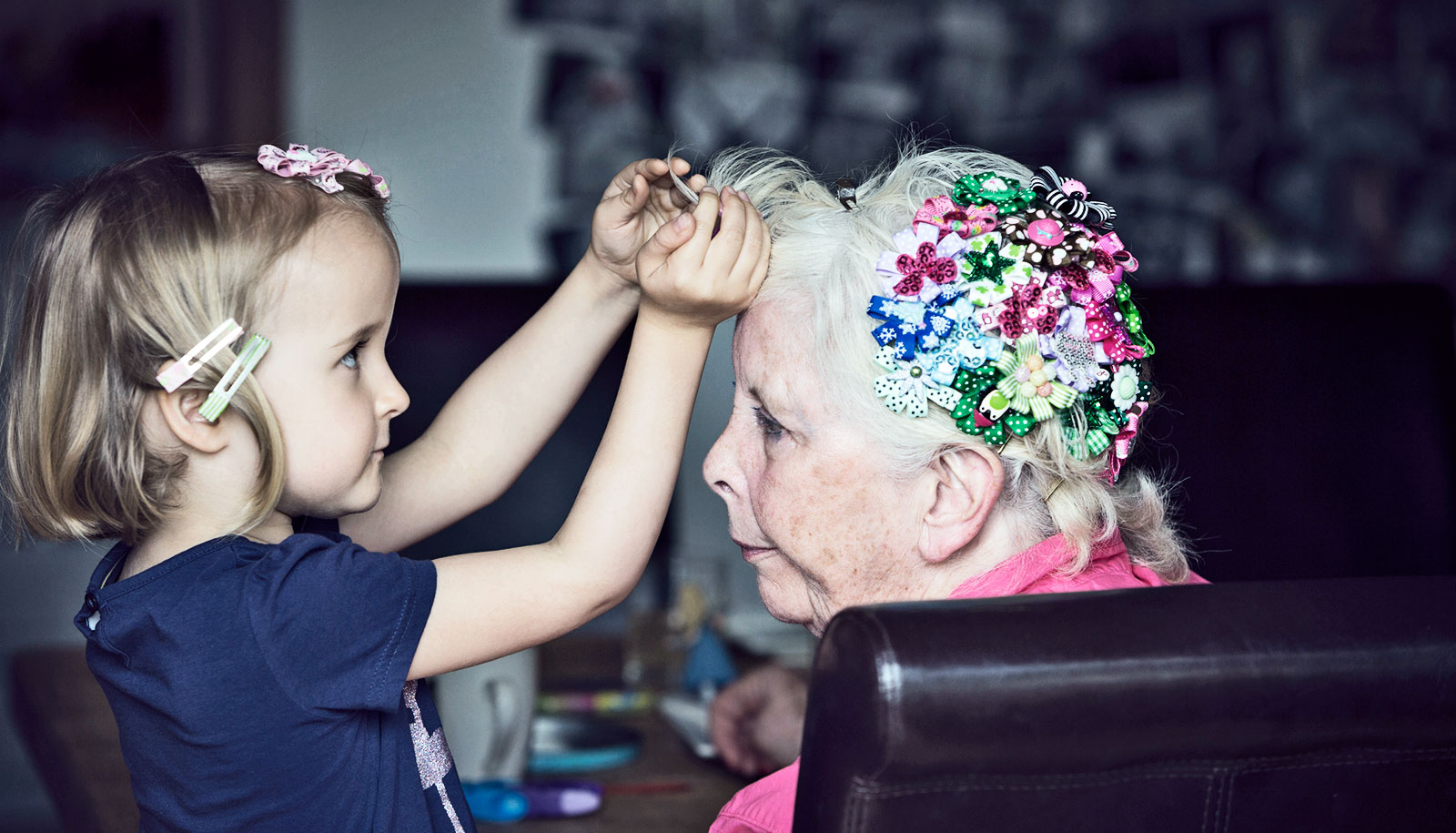A new study of more than half a million Americans shows just how skewed views of aging can be—particularly among young people—and how these views change over time.
“…there’s a ton of people who have skewed perceptions about aging—mostly young adults…”
The findings come as people are living longer than ever; life expectancy in the US was about 79 years in 2015—up nearly nine years from 1965.
But perception may not be keeping up with reality. Nearly 30,000 people in the study thought middle age starts at 30.
“I find it interesting that there’s a ton of people who have skewed perceptions about aging—mostly young adults,” says William Chopik, assistant professor of psychology at Michigan State University and principal investigator of the research.
The study, which appears in Frontiers in Psychology, is the largest investigation to date of age perceptions, with 502,548 internet respondents ranging in age from 10 to 89.
A key finding of the research is that people’s perception of old age changes as they age. Essentially, the older we get, the younger we feel.
“I think the most interesting finding of this study is that our perceptions of aging aren’t static—they change as we change ourselves,” Chopik says. “What you consider to be old changes as you become old yourself.”
Part of this is understandable, he says. People view older adulthood as a negative experience and want to avoid it because it’s painful to think of ourselves as old.
Sorry, aging is ‘mathematically inevitable’
“But, of course, older adults actually have really enriching lives and some studies suggest that they’re happier than young adults,” Chopik notes.
Interestingly, when asked how long they wanted to live, the different age groups gave different answers. While kids and young adults wanted to live into their early 90s, that ideal age dropped among the 30- and 40-year age groups, hitting a low of about 88. But the ideal age started rising steadily starting with 50-year-olds and reached about 93 among 80-year-olds.
Coauthors are from Michigan State, the University of St. Thomas, and Stanford University.
Source: Michigan State University



